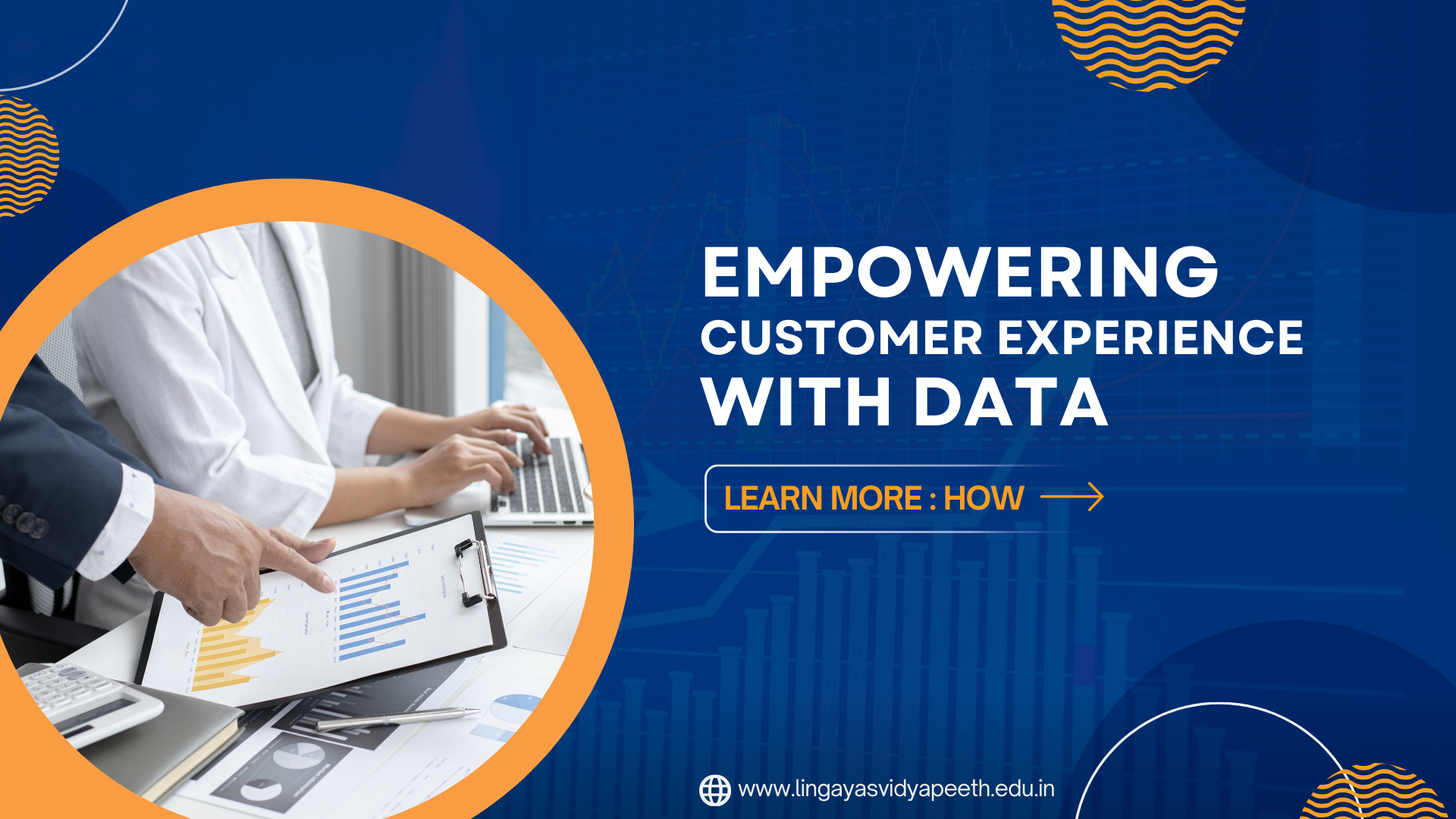Home » Data-Driven Customer Experience: The Future of Marketing

Businesses are rapidly being dependent on data to understand and engage with their customers in this tech age. Data-driven customer experience (DCX) is a marketing approach that uses data to create customized and relevant experiences for customers. By understanding customer preferences, behaviours, and needs, businesses can deliver tailored messages and provides that resonate with their audience.
Data offers valuable insights into customer behaviour, allowing businesses to:
Used Dark Data for Strategic Business Decisions
A leading e-commerce company uses customer data to provide personalized product recommendations. By analysing a customer’s browsing history, purchase history, and demographics, the company can suggest products that are likely to be of interest. This personalized approach has led to increased sales and improved customer satisfaction.
Challenges and Considerations –
As technology continues to advance, the possibilities for data-driven customer experience will only grow. Artificial intelligence (AI) and machine learning will play an increasingly important role in analyzing customer data and delivering personalized experiences. Businesses that embrace data-driven marketing will be well-positioned to succeed in the competitive digital landscape.
Additional Considerations –
By addressing these challenges and opportunities, businesses can harness the power of data to create exceptional customer experiences and drive business growth.
Conclusion:
Data-driven customer experience is crucial for businesses to grow in today’s competitive landscape. By using data to understand and engage with customers, businesses can create personalized experiences that drive customer satisfaction, loyalty, and sales.
From
Ms. Shivani Bansal
Asst. Professor in CSE Dept.
Lingaya’s Vidyapeeth
Data Science Engineering Colleges in Faridabad
RECENT POSTS
CATEGORIES
TAGS
Agriculture Agriculture future AI Architecture artificial intelligence BA English BA Psychology BTech Engineering Business management career Career-Specific Education career guide Career Opportunities career option career scope Civil engineering commerce and management Computer Science Computer science engineering Data science degree education Engineering engineering college Engineering students English Literature english program Exam tips Fashion Design Fashion design course Higher Education Journalism journalism and mass communication law Law career Machine Learning MA Psychology Master degree mathematics MBA Mechanical Engineering Pharmacy Psychology Research and Development students
University Address: Nachauli, Jasana Road, Faridabad, Haryana
Toll Free: 1800-120-4613
Mobile : 8447744303 | 8447744304 | 8447744306 | 8447744309
Address: C-72, Second Floor, Shivalik, Near Malviya Nagar,
Above HDFC Bank, New Delhi 110017
Ph.No. - 011-46570515 / 45138169 / 41755703 / +91-7303152412
Jagmani Kutir, Ground Floor, Road No-1, Rajeev Nagar,
Near Darbar Marriage Hall, Patna-800024, Bihar
Contact No: 9818352069/8130120095
Mail: [email protected]
Copyrights © 1998 - 2025 Lingaya's Vidyapeeth (Deemed To Be University). All rights reserved.
It is important to note that the following email IDs and domains are fraudulent and do not belong to our university.
LV only conducts physical/online verification of any document related to examination on the following email id: